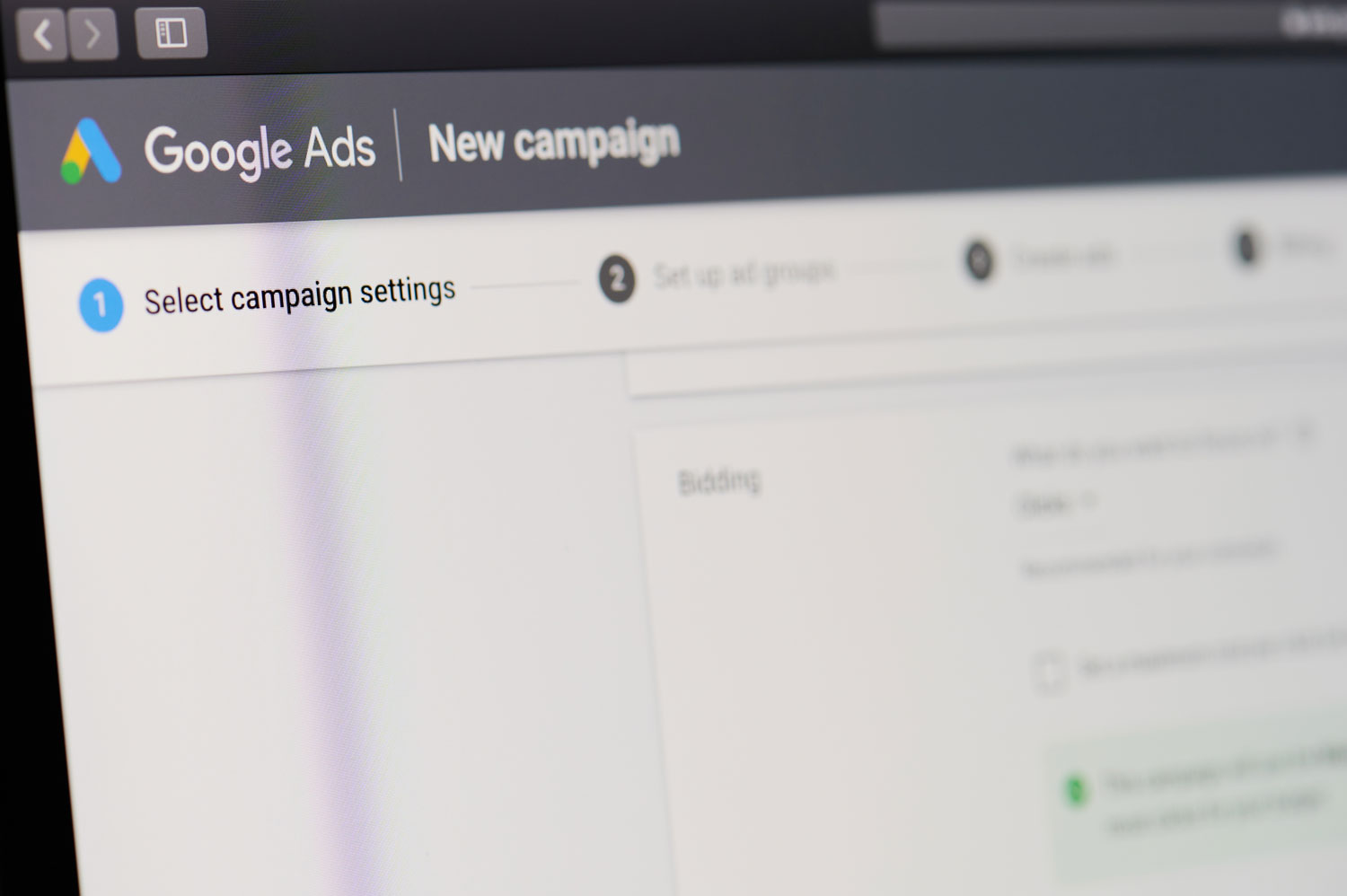Why Internal Linking is Important to SEO
Internal linking is a phrase that often appears when SEO is being discussed and it is considered to be an important SEO ranking factor.

Pay Per Click (PPC) marketing is here to stay, and with good reason: there aren’t too many other strategies that are as effective and simple to execute as this fan-favourite method. An essential part of every marketer’s toolkit, creating an effective PPC Strategy can yield excellent results and bring a handsome ROAS.
The strategy has been around for some time, but it rarely stays still for too long. As with most things in marketing, there are always developments and new and improved tactics, and so forth.
In this blog, we’re going to take a look at how businesses can create an effective PPC strategy from beginning to end. These tips will apply whether you’re new to the world of PPC or if you’re looking to update your methods.
Before we get into how to make a PPC strategy, let’s think about why you should. For one thing, they’re relatively straightforward to get up and running, and you don’t have to wait around to see results: in terms of fast-acting, results-driven methods, there is arguably none better than PPC. Plus, they’re highly customisable, which means marketers can put together campaigns that are in line with their specific needs, which always yields better results.
So what results should you expect? More visitors to your website for starters (and that means a great chance of more sales, too), increased brand exposure, a host of valuable data and insights, and cost-efficiency (since you only pay by click).
Changes are coming to the world of PPC, but that doesn’t mean that they’re going to necessarily lose any value. They’ll just have to adapt to the new climate. The move towards an internet without cookies (as is Google’s long-term plan) will mean that they’ll be less advanced data to draw upon once the campaign is up and running. That makes getting it right the first time of asking all the more important.
Google is making a few other changes, too. You can say goodbye to Smart Shopping and hello to Performance Max. Response search ads will be king, too, since expanded search ads are being discontinued.
PPC strategies are specific to the company, but there are general rules that anyone can — and should — follow. We’ll run through five essential steps that will increase your chances of enjoying a successful return on investment.
You can’t get results if you don’t know what results you’re trying to achieve. So the first step is to think carefully about what you want from your PPC campaign. You may want to increase brand awareness, or you might want to get more visitors to your website or create leads.
Some useful considerations include figuring out your broader business goals (your PPC goals may not be the exact same, but they’ll likely overlap in some way) and creating both realistic and “ideal” goals. Your realistic goals should be things that are achievable; your “ideal” goals should be ambitious and long-term in nature. You might not reach them with your first campaign, but the campaign should nudge you further along the path.
Finally, pick goals that you can track. It’s how you’ll know whether your campaign is successful or not.

We said earlier that PPC campaigns are getting more advanced, and nowhere is that felt more clearly than with attribution. There’ll be various touch points between the initial customer engagement and them making a purchase, and it’s up to you to decide which part of that journey receives credit. Companies used to give the ‘last click’ all the credit, but today, marketers understand that the real turning point may have been somewhere else in the process. The first click may have been the most important factor or somewhere in the middle.
There are various types of attribution models. The most used attribution model is ‘linear,’ which gives equal credit to all the touchpoints throughout the journey. It’s worthwhile looking at Google’s own page about attribution to see which one is right for you.
You would advertise to a college student differently from how you would advertise to parents of young children. For your PPC strategy to be effective, you’ll need to target your ads specifically at the people that you think will become buyers. There’s a simple place to start with this: come up with a ‘buyer persona.’ This will help you to, first, put together your advertisement, but it’ll also help you figure out where that ad should be placed.
You can’t expect your ads to do well if they’re low-quality, even if you have done everything else correctly. The ad could be the first time a potential customer interacts with your business, so it’s important to make a good impression! Use high-quality images and content copy that’s engaging and in line with your company branding. You won’t have many words to work with, so keywords are...well, key.
You’ll have to spend money upfront to have a good — and profitable — PPC campaign. It’s best not to be too conservative with your budget since the adage ‘you have to spend money to make money’ is true for PPC. You can lose money if the budget is too small, so be willing to invest — it doesn’t have to cost the earth, though.
Any business serious about marketing in 2022 should have a well-put-together PPC strategy as part of their broader marketing plan. The strategy has been the go-to for all the top marketers for years, and, despite going through some changes, there’s nothing to suggest that it won’t continue into the future.
If you’re looking for expert assistance to get the most from your PPC campaigns, then be sure to get in touch with us. We’re a Google-certified marketing consultant & ad agency, so you can have faith that our knowledgeable and experienced team will draw upon the latest industry knowledge to achieve results.